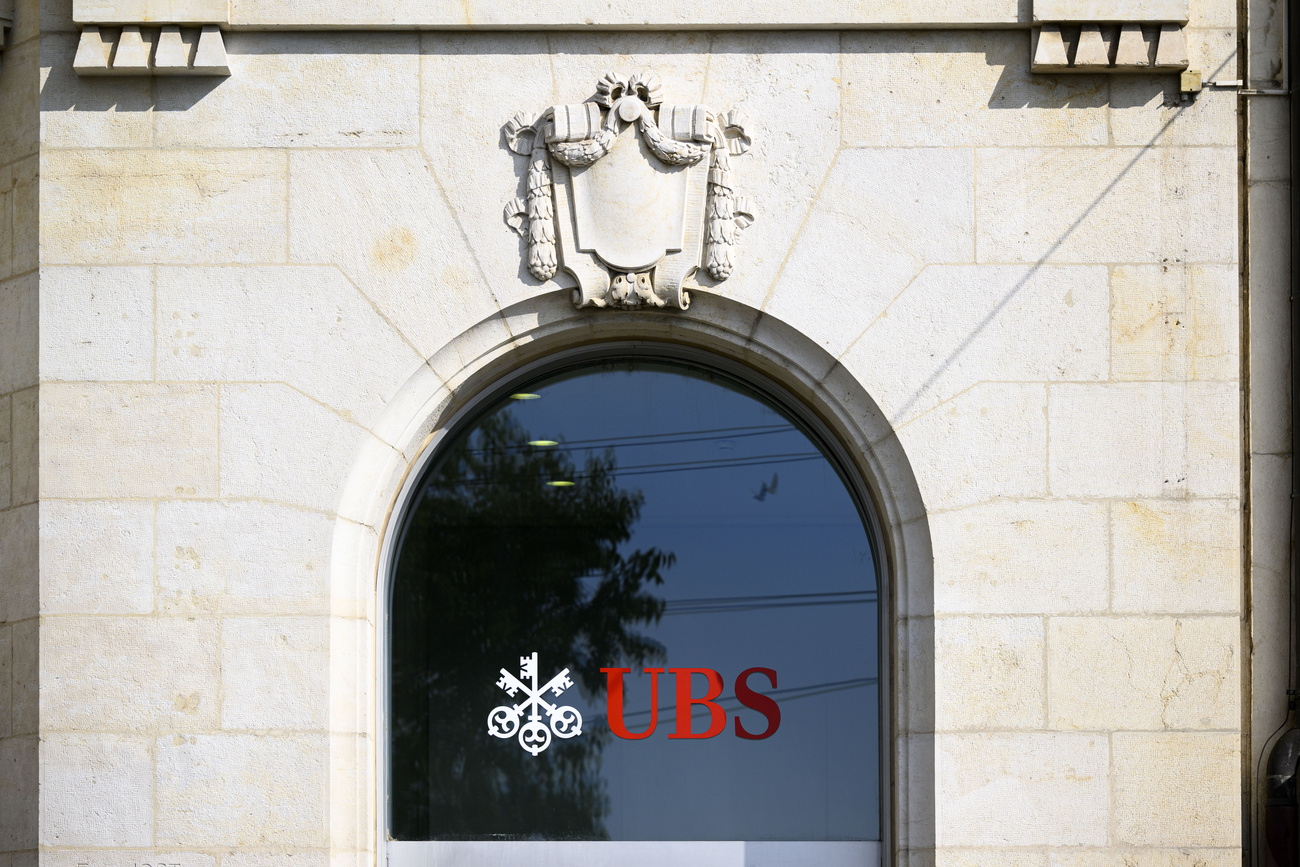
Minister accuses Swiss media of Covid scaremongering

Finance Minister Ueli Maurer has blamed lopsided coverage of the pandemic for the continuation of Covid-19 restrictions.
Maurer was critical of the media’s handling of the pandemic in an interview published in the Aargauer Zeitung newspaper on Friday. Media pressure has led to a potentially unnecessary tightening of measures in Switzerland, he said.
He complained that when experts present different scenarios, the media often only highlight the worst possible case. “This gives too one-sided a picture, but the media need a headline every day,” he said.
According to Maurer, by focusing on the worst-case scenario, the media could have contributed to pressuring the authorities to impose tough measures, that were unnecessary in hindsight. He blamed the press coverage for creating an appetite for sweeping restrictions instead of a more targeted and differentiated approach.
Maurer’s criticism of the Swiss press comes ahead of a referendum on government funding measures aimed at supporting struggling private media publications.
Last summer the Swiss parliament approved a government policy to provide more support to private media organisations via a package of direct and indirect financial aid. The plan is to allocate an additional CHF151 million ($165 million) a year to newspapers, radio and television channels and online news sites.
Politicians and publishers who oppose the decision have initiated a referendum. Swiss voters will decide on February 13.
Easing of restrictions
Maurer, from the right-wing Swiss People’s Party, said the country could gradually normalise given that the spread of the Omicron variant has had limited serious consequences. In hindsight, he wondered whether this could not have happened sooner.
If it is confirmed that the virus in its current form is no longer so dangerous, “we can lift all measures. The first trends are encouraging, but it is still too early to decide”, he said.
The number of Swiss cases of Covid-19 has risen slightly from 181,122 in the first week of the year to 185,406 in the second. However, hospitalisations are declining, with 547 hospital admissions recorded between January 10-16, compared with 629 the previous week, the Federal Office of Public Health said in its weekly report on Thursday.
The number of deaths connected to Covid during the week under review was 86, the same as the number recorded at the same time the previous week.
News

In compliance with the JTI standards
More: SWI swissinfo.ch certified by the Journalism Trust Initiative

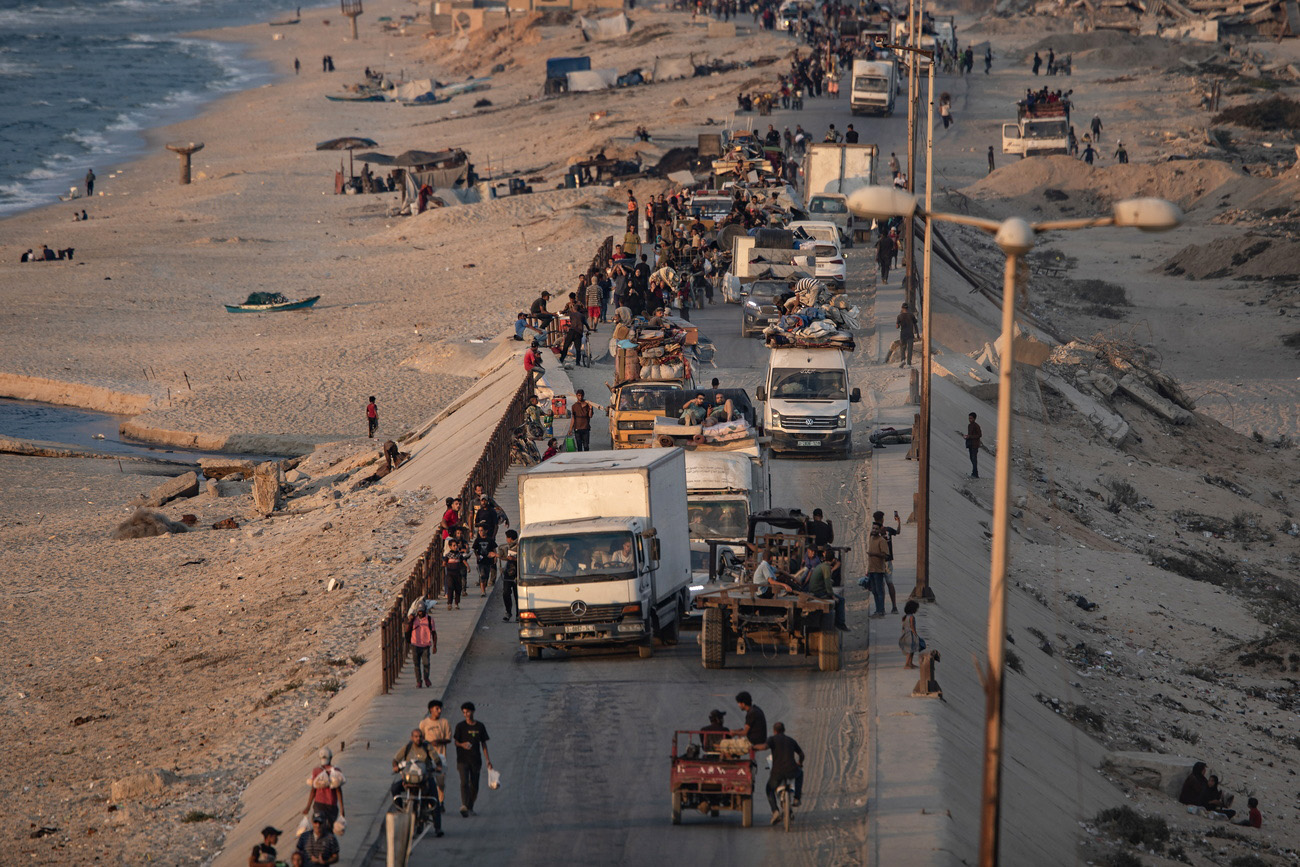
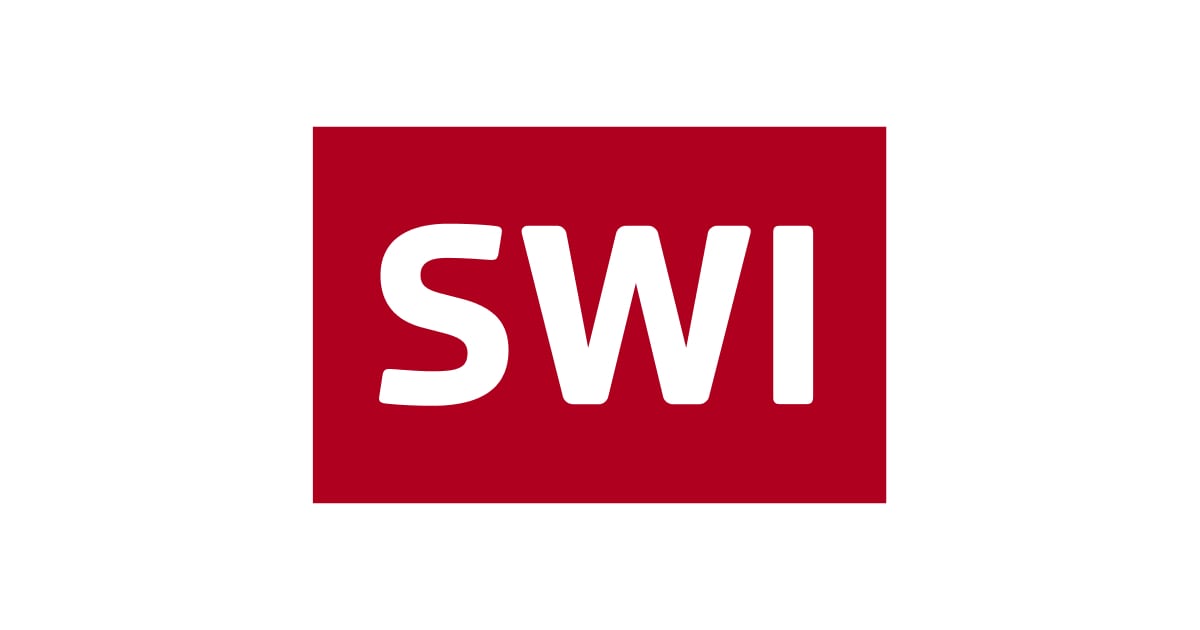
















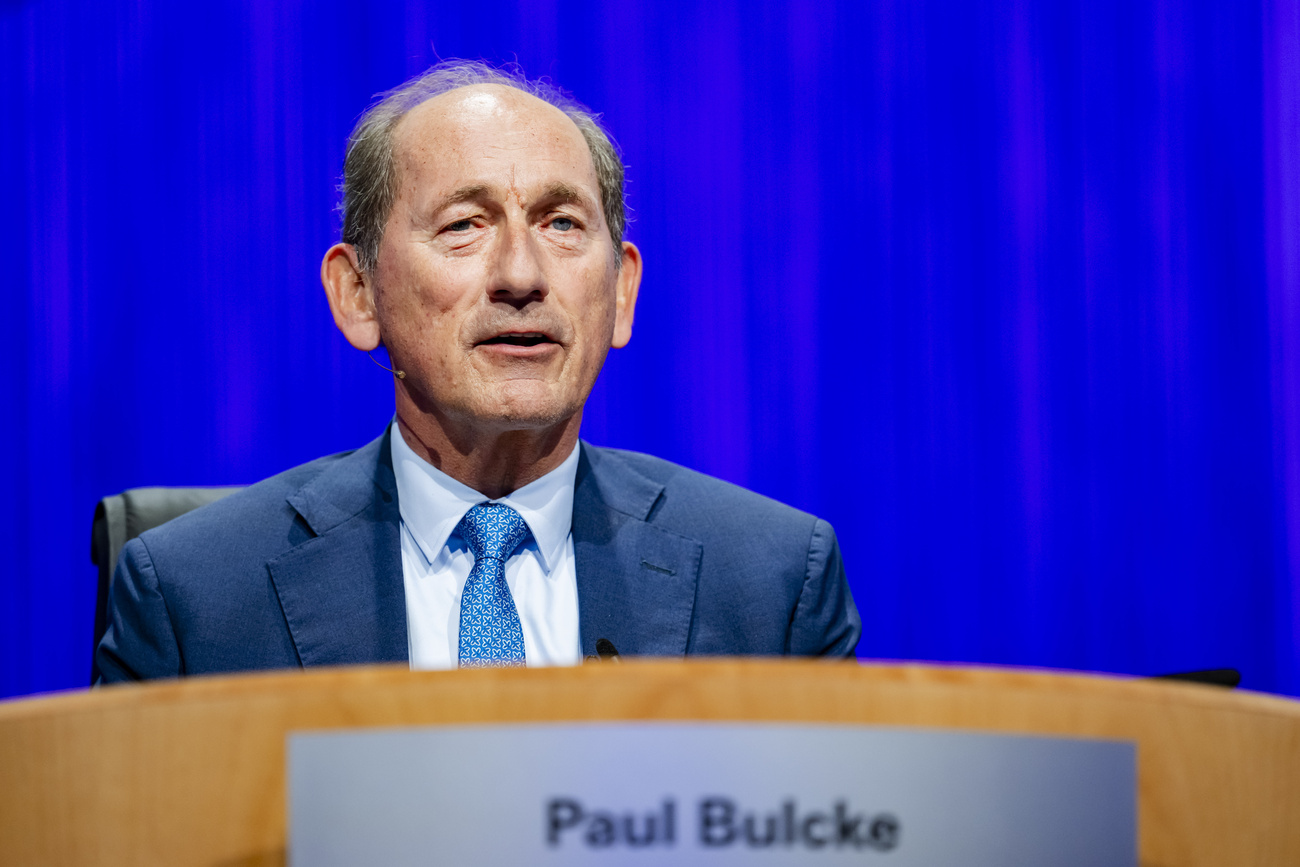



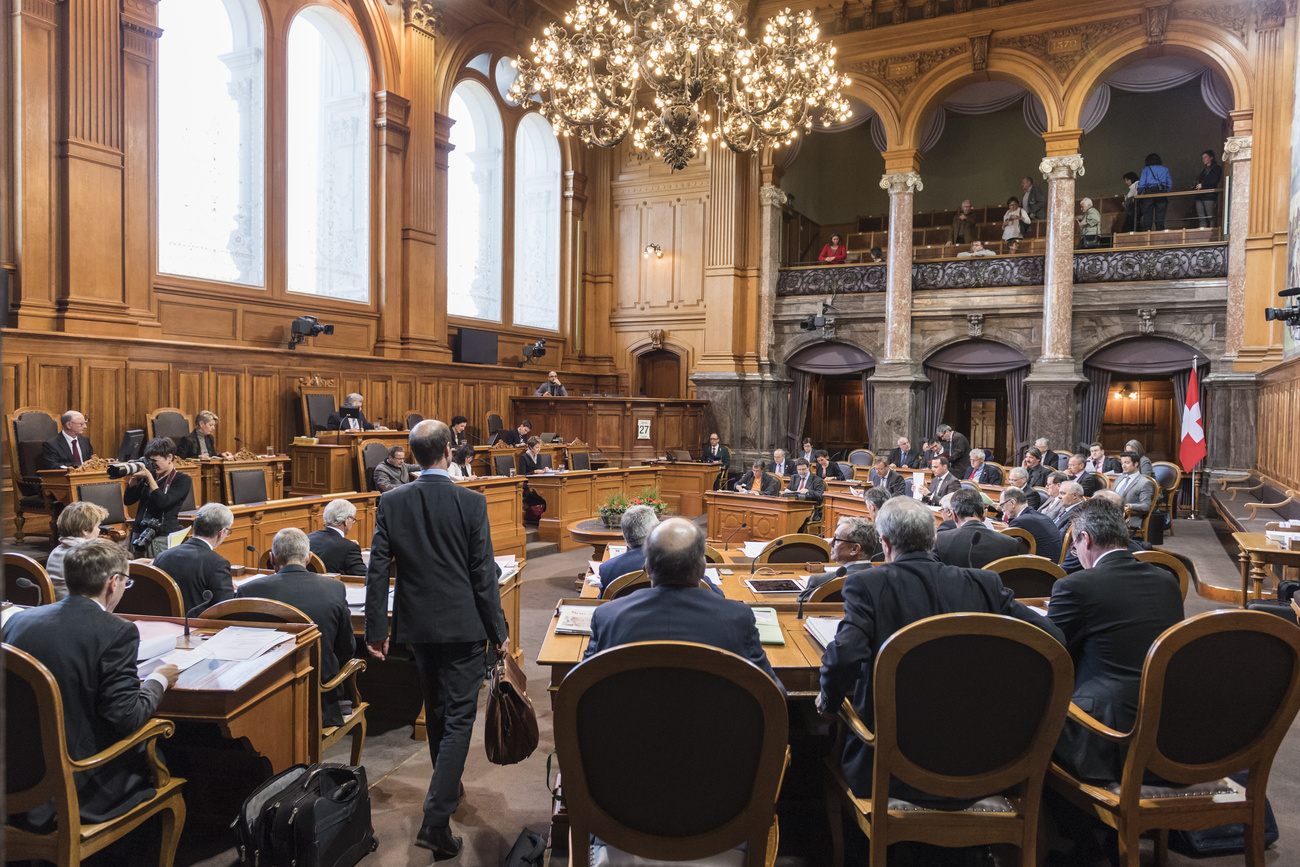







You can find an overview of ongoing debates with our journalists here . Please join us!
If you want to start a conversation about a topic raised in this article or want to report factual errors, email us at english@swissinfo.ch.